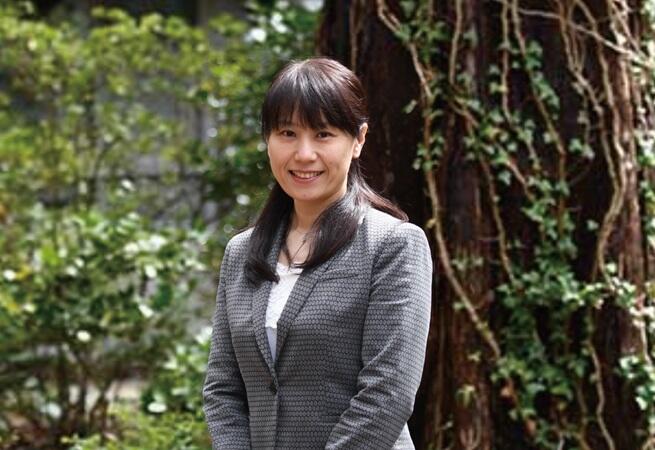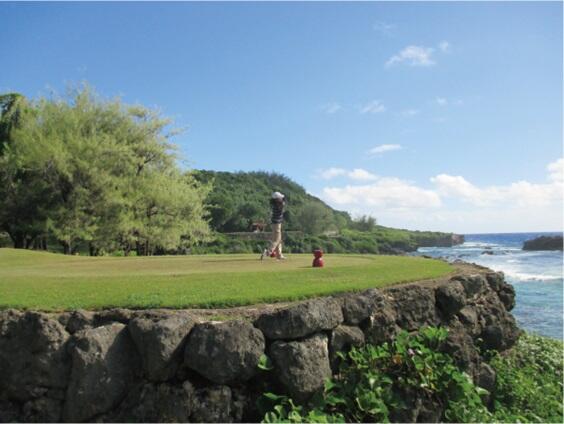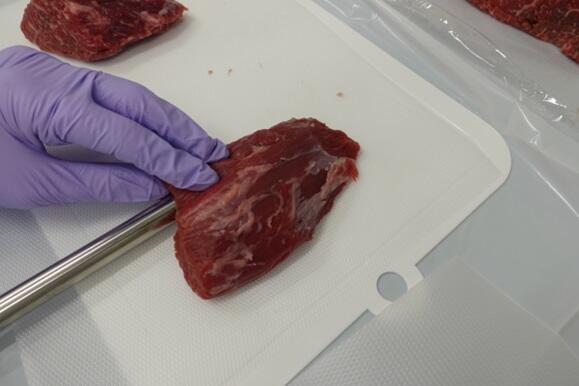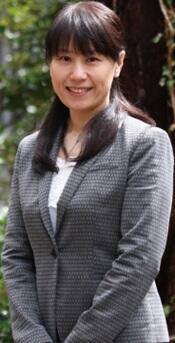
Professor, Department of Nutritional Science and Food Safety, Faculty of Applied Biosciences, Tokyo University of Agriculture
Q1: What inspired you to become a researcher?
A1: After meeting my mentor, I saw great potential and decided to become a researcher in the field of 'biosensing.'
When I was in junior-high and high school, 'biotechnology' was a big area of focus, and the word stayed in my head for a long time. This gradually materialized into a desire to learn more about genetic modification technology and traditional fermented foods using microorganisms, and I entered the Department of Fermentation Science and Technology at Tokyo University of Agriculture. I just loved experimenting, and I met my mentor in the laboratory, and then continued on to a Master's course.
After graduating, I continued my research in the field of biotechnology and later joined SANKEN at Osaka University, where I came across 'biosensing technology' research. Biosensing is a technology that uses the molecular recognition capabilities of living organisms to detect specific substances, such as allergens and cancer markers. While working with my new mentor, I began research into 'developing biosensors with higher sensitivity,' which I found particularly interesting and felt had great potential.
Q2. What kind of research are you doing now?,
A2: Using food and nanobioscience to define the 'most delicious time to eat' and 'best-before date.'
In recent years, the emergence of foods with new functions and other factors has increased interest and concern about food safety. However, there are foods that have no defined quality control standards, such as the 'most delicious time to eat' or 'best-before date.'
One of the technologies attracting attention as a food testing method is the biosensor. I have created a category called 'food + nanobioscience' that combines 'nanobioscience' and 'food science' to build a biosensor, and I am conducting research on food safety and quality control.
So-called 'aged meats' are made tastier by allowing the meat to rest at low temperatures for a period of time. However, the length of time that people find 'tastiest' varies, and there is no set 'best-before date.' In our FOREST research, we aim to discover new marker molecules that can be used as indicators of the 'most delicious time to eat' or 'best-before date.' We also aim to develop biosensors that can detect these markers with high sensitivity. We believe that this technology will enable us to define these markers on the basis of scientific evidence and to easily control the quality of food products without the need for specialized knowledge.

Q3: What advice would you give to aspiring researchers?
A3. Appreciate your encounters with people and reevaluate your position abroad.
First of all, I hope you value meeting people. I am now able to engage in education and research at my alma mater because of the mentors, seniors, and friends I have met along the way. Encounters with various people will surely nourish your knowledge and skills. I also like to conduct experiments, and after graduation, pursued a career in research, which I still do today. I hope that you will continue to do what you love, and if it is research, then I hope that in the future, in addition to your 'love' for it, you will strive to do research that can give back to society.
I believe that overseas experience, such as studying abroad, is also important for working as a researcher. This will not only increase knowledge and insight but also lead to international collaborations. My overseas experience also gave me the opportunities to objectively review my position in the world and how I should approach academics and research. I encourage you to challenge yourself with international experiences in mind.


Profile
Masumi Iijima
Professor, Department of Nutritional Science and Food Safety, Faculty of Applied Biosciences, Tokyo University of Agriculture.
Born in Chiba Prefecture. Professor Iijima received her M.S. degree in 1998 from the Department of Fermentation Science and Technology at the Graduate School of Applied Bioscience at Tokyo University of Agriculture. She received her Ph.D. (Agriculture) in 2011 from the Graduate School of Bioagricultural Sciences at Nagoya University. After working at SANKEN at Osaka University, she has been in her current position since 2023. She has been a FOREST researcher since 2022.




